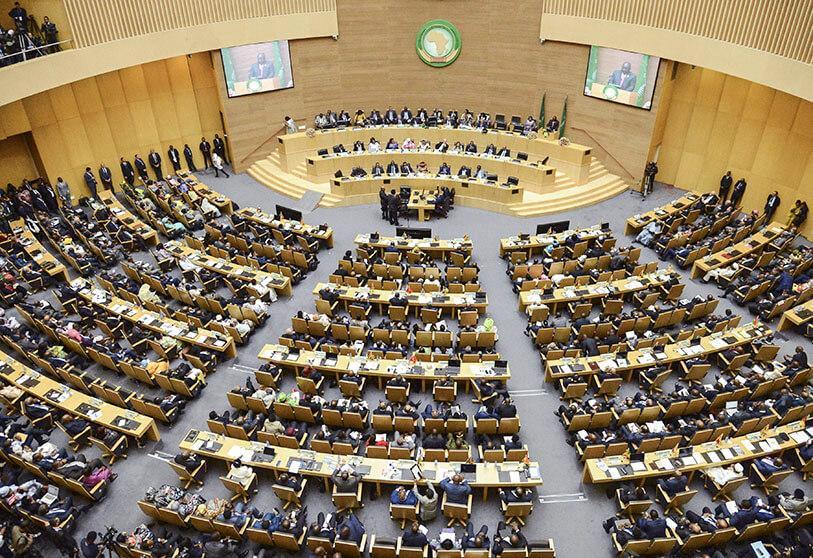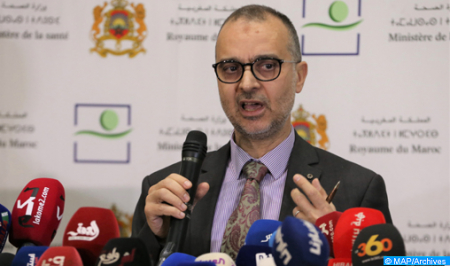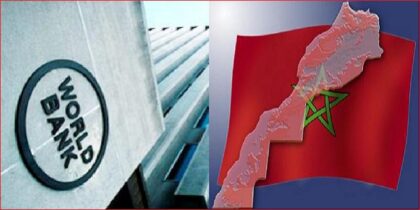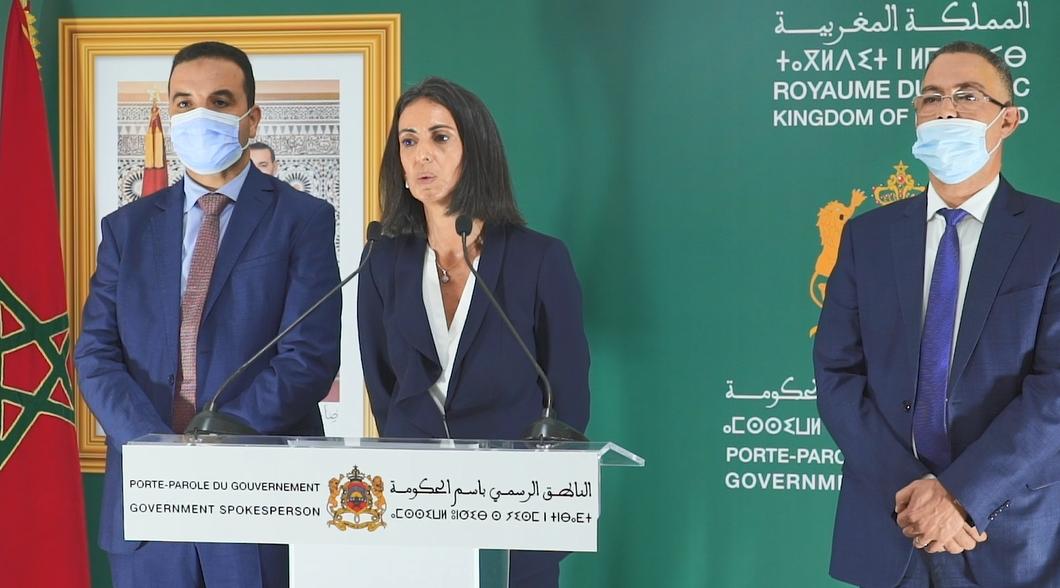The expulsion of the Polisario militias from the African Union is a matter of time and not a principle as an increasing number of African countries realize the risks of admitting a separatist group into a continental organization of sovereign states.
The Polisario has to be kicked out of the African Union for this organization to regain neutrality over a territorial dispute fueled by Algeria to undermine its western neighbor, Morocco.
Rationale
A group of former African prime ministers and foreign ministers met in Tangier where they elaborated ink on paper arguments that would serve the advocacy to eject the Polisario militias and their self-declared republic from the African Union.
The arguments build on an earlier declaration they signed last year in Tangier which is part of a diplomatic momentum ushered by the motion sent in 2017 by 28 countries demanding a freeze of Polisario’s membership from the African Union.
The salient argument is that the Polisario lacks all state attributes as a separatist organization fed and hosted on the Algerian territory.
By admitting the Polisario as a fully-fledged state, the African Union has opened a pandora’s box that encourages other separatist groups to follow suit.
The presence of the Polisario within the African Union is a blatant bias that prejudged the outcome of the UN efforts and the African Union needs to repair its prejudice regarding Morocco by expelling the separatist militias.
The African Union has adopted resolution 963 which recognizes the primacy of the UN process as the sole framework for the settlement of the conflict.
As long as it includes the Polisario separatist militia as a member, the African Union is in a situation of bias that strips it of any legitimacy to mediate in the conflict.
The signatories of the Tangier appeal also argue that the African Union is able, through the conference of the heads of state, to put an end to this prejudice and contribute to conflict resolution in North Africa. If 37 countries vote for a resolution to freeze or suspend the Polisario’s membership, the African Union could restore its neutrality and could play a role in favor of settling the conflict.
Wind of change
The Polisario was introduced as a full member into the predecessor of the African Union, the Organization of African Unity, in 1984 at a cold war context using oil money. Morocco left the organization in reaction while focusing on fostering bilateral ties with different African friendly states.
Since then, Algeria used the comfort of not having Morocco’s voice to pass resolutions serving the separatist cause going a²s far as using the most important body in the African organization, the Peace and Security Council, to serve Algiers hegemonic agenda under the cover of supporting Polisario’s separatism.
But the winds of change have blown on the African Union with the triumphal return of Morocco in 2017. Since then, Rabat managed step by step to correct the bias of the organization and make its voice heard to the disappointment of Algeria and the few remaining countries rallying behind its agenda to unsettle Morocco through the Polisario militias.
Morocco’s presence within the continental organization served as a bulwark against separatist plots and together with its numerous friends managed to push the African Union to recognize that the Sahara peace process is an exclusive domain of the UN, barring thus the road for Algiers as it seeks to pressure the African Union into a mediation role.
Building on a pro-active foreign policy and multi-layered cooperation based on a solidarity-oriented approach and win-win projects, Morocco stands in stark contrast to the cash hand out policy adopted by Algeria and formerly by Gaddafi’s Libya to buy support in the continent.
Not only in African where Morocco’s faithful supporters are located, the sands globally are shifting in favor of Morocco’s autonomy initiative.
The recognition by the US of Morocco’s sovereignty over the Sahara and its support for autonomy as the only political solution to the dispute and the opening by 28 African and Arab states of consulates in the Sahara indicate an inflection point to put an end to attempts to undermine Morocco’s territorial integrity.



